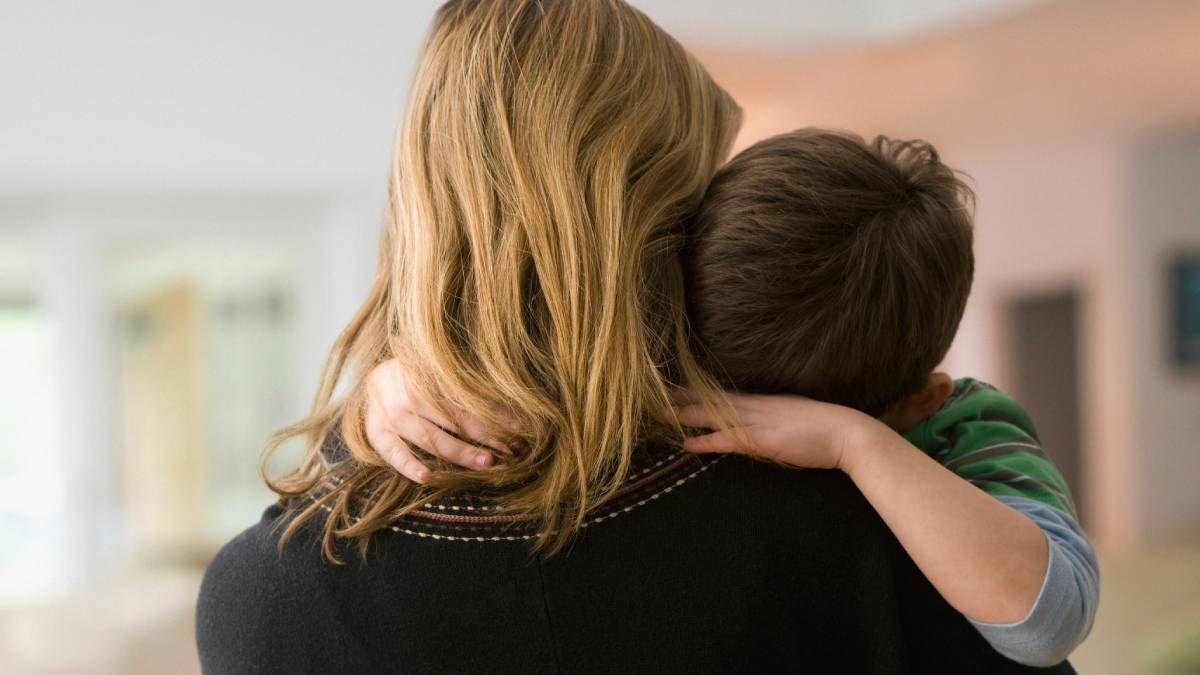Students step in to help people navigate family legal system
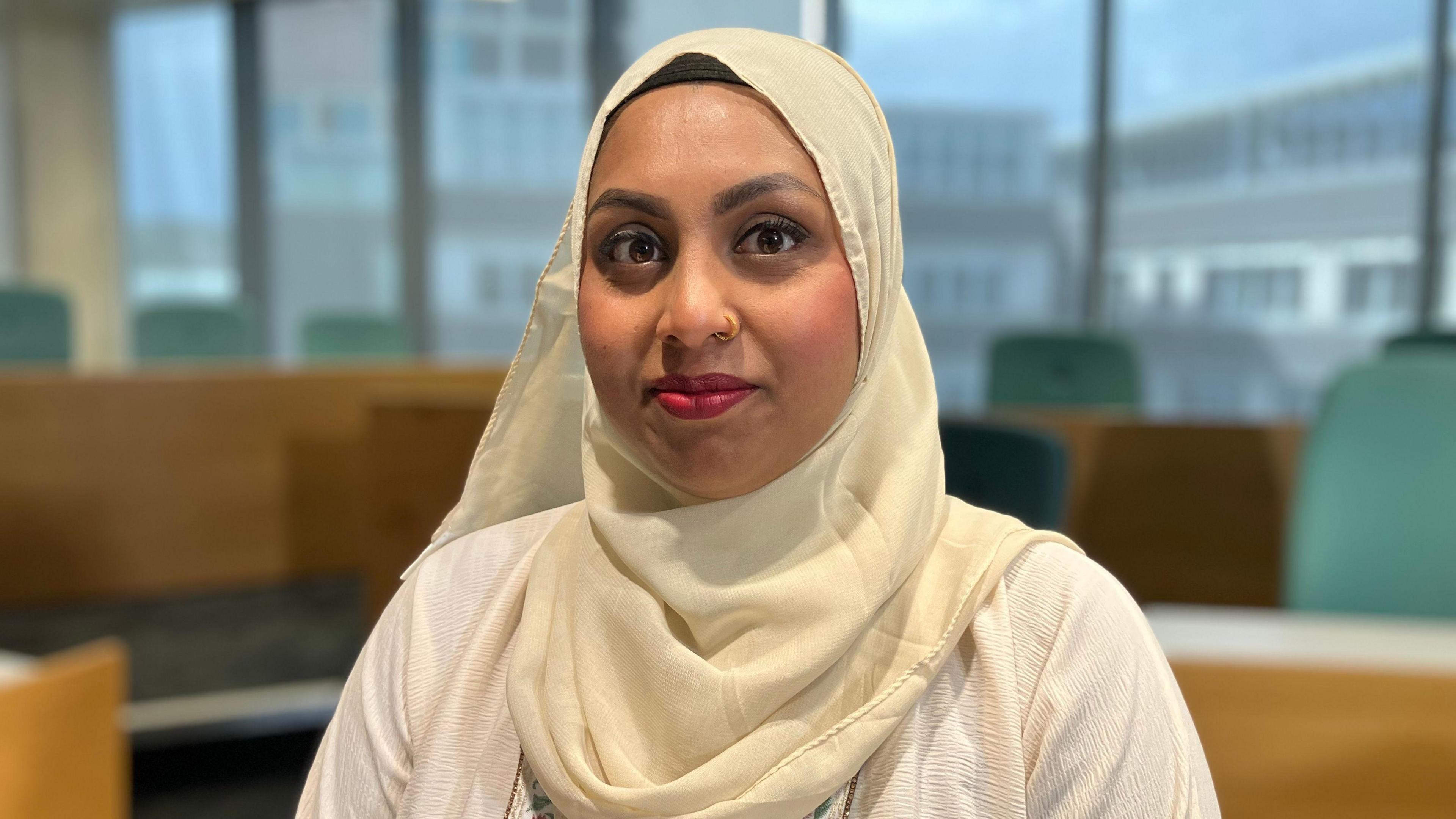
Law student Shema Miah says the legal process can be "quite draining" for people involved in cases
- Published
A woman who said she was left crying after representing herself in a family court described her relief to receive free legal advice from a clinic run by students.
Sue, which is not her real name, had been trying to regain custody of her child, but said she did not qualify for legal aid and could not afford a solicitor.
"They eat me up in the court," Sue said, before she gained help from the University of Bedfordshire's Family Law Clinic in Luton, where all student advice is overseen by a solicitor.
The Ministry of Justice (MoJ) said it provided up to £500 to promote mediation in family cases - where an impartial mediator is appointed to help parties settle a dispute outside of a courtroom.
Sue started engaging with the family court system in 2022 and is still attending hearings.
"It is really hard going to court by myself. I don't want to go back but I don't have a choice - I just want my child back," Sue added.
Sue's ex-partner does have legal representation, but she said, "I can't afford that money, it is about £3,000 for a hearing".
She said she previously paid about £300 for a solicitor to write a statement for her, but was not happy with the quality.
Last year she went to the clinic and felt listened to, "they gave me advice, what to do step-by-step".
The legal support provided by the clinic can relate to relationship breakdown, separation, divorce and arrangements for children.
A session lasts 45 minutes and were aimed at people who do not qualify for legal aid but cannot afford a solicitor.
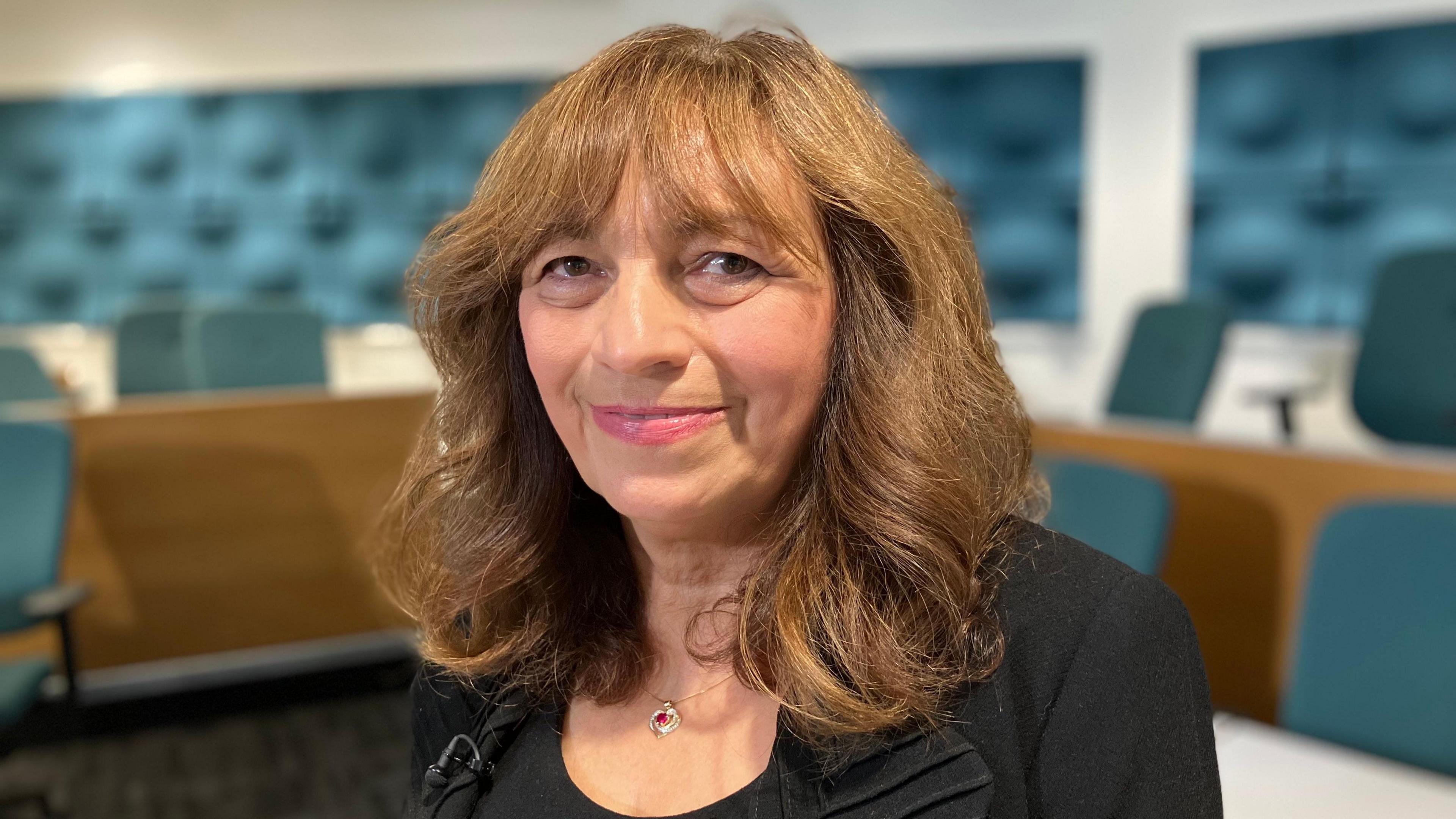
Christine Quinlan, who is the co-ordinator of the clinic, is a semi-retired family law solicitor who has worked in Bedfordshire for 20 years
Shema Miah, 32, is one of the undergraduate students taking part in the clinic and is half way through a four-year course.
She said people coming forward for help were often "very vulnerable" and the clinic gave "people that strength and courage to move forward" and see what support was out there.
"When the law stands by you, you get that courage to say OK I can do it, there are people there to help me," she added.
"As well as academically I am also learning practically as well, which is really crucial when you are going into law," she said.
Limited access
Changes to who was eligible for legal aid in England and Wales were made in the Legal Aid, Sentencing and Punishment of Offenders Act 2012 (LASPO).
Since 2013, when the law came into effect, legal aid was no longer available for private family law, including divorce and disputes over arrangements for children.
Under current rules, to qualify for legal aid, external you would usually have to have been in an abusive relationship or have a child who is at risk of going into care.
The applicant's gross monthly income, or joint income if with a partner, also needs to be £2,657 or less.
MoJ figures showed that in the first three months of this year in 38% of family law cases neither party had legal representation; the figure was 19% in 2013 before the changes.
Christine Quinlan, the Family Law Clinic co-ordinator, said legal aid was "quite limited".
"It can be really hard to find basic legal advice," she said.
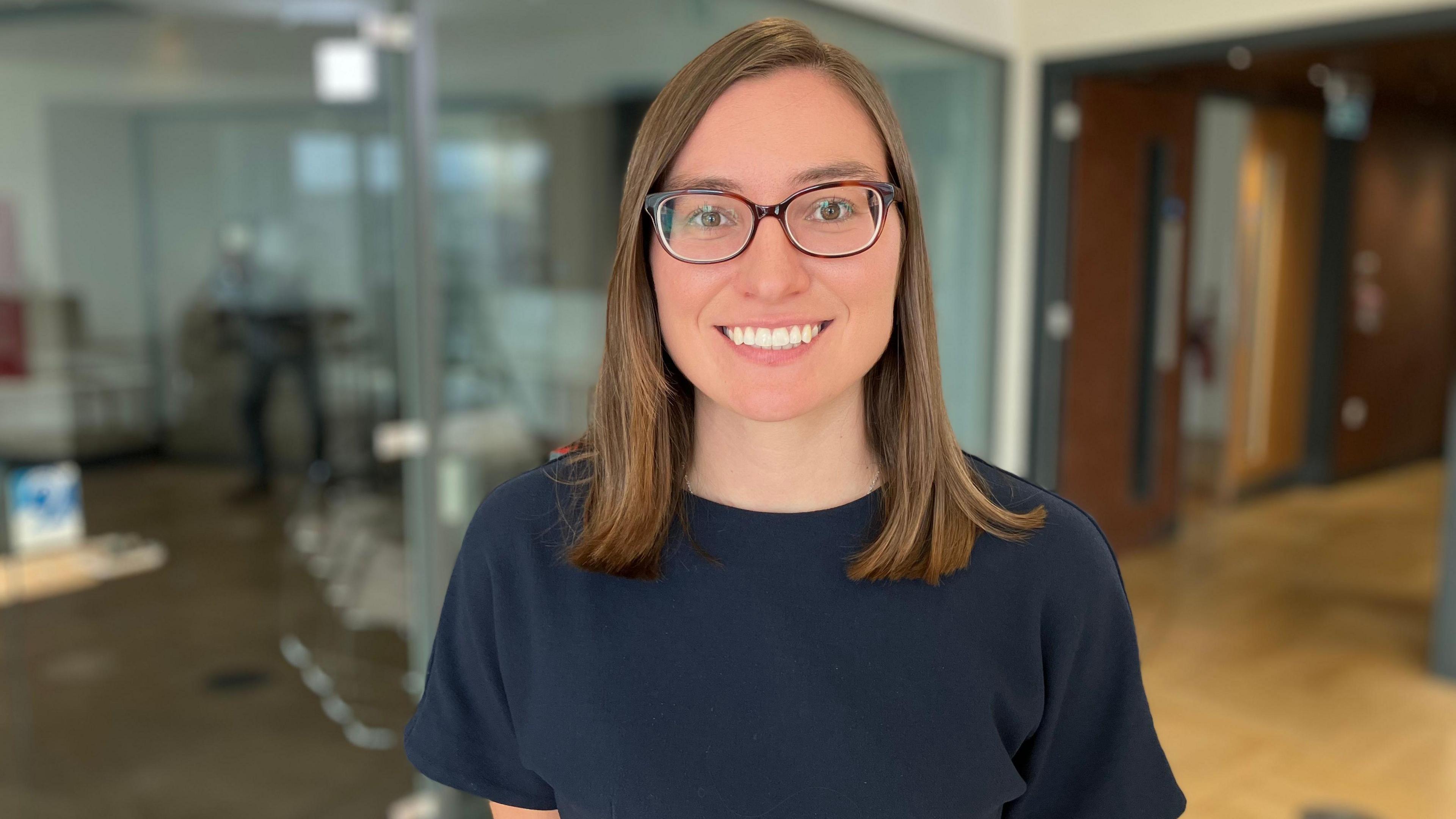
Sarah Hayward is a family law barrister and employed full time by the University of Bedfordshire
Sarah Hayward, a barrister who founded the clinic, said as well as helping individuals the project could also help the court system where time was often "wasted".
"Often [claimants] come to the court system and they don't actually know what they can have because no-one has ever told them, because they have not got legal advice.
"Often they are trying to fight their vendetta out in court which, again, wastes court time.
"Whereas if you had legal representation they would be able to tailor your case to make it more presentable in front of a judge," she said.
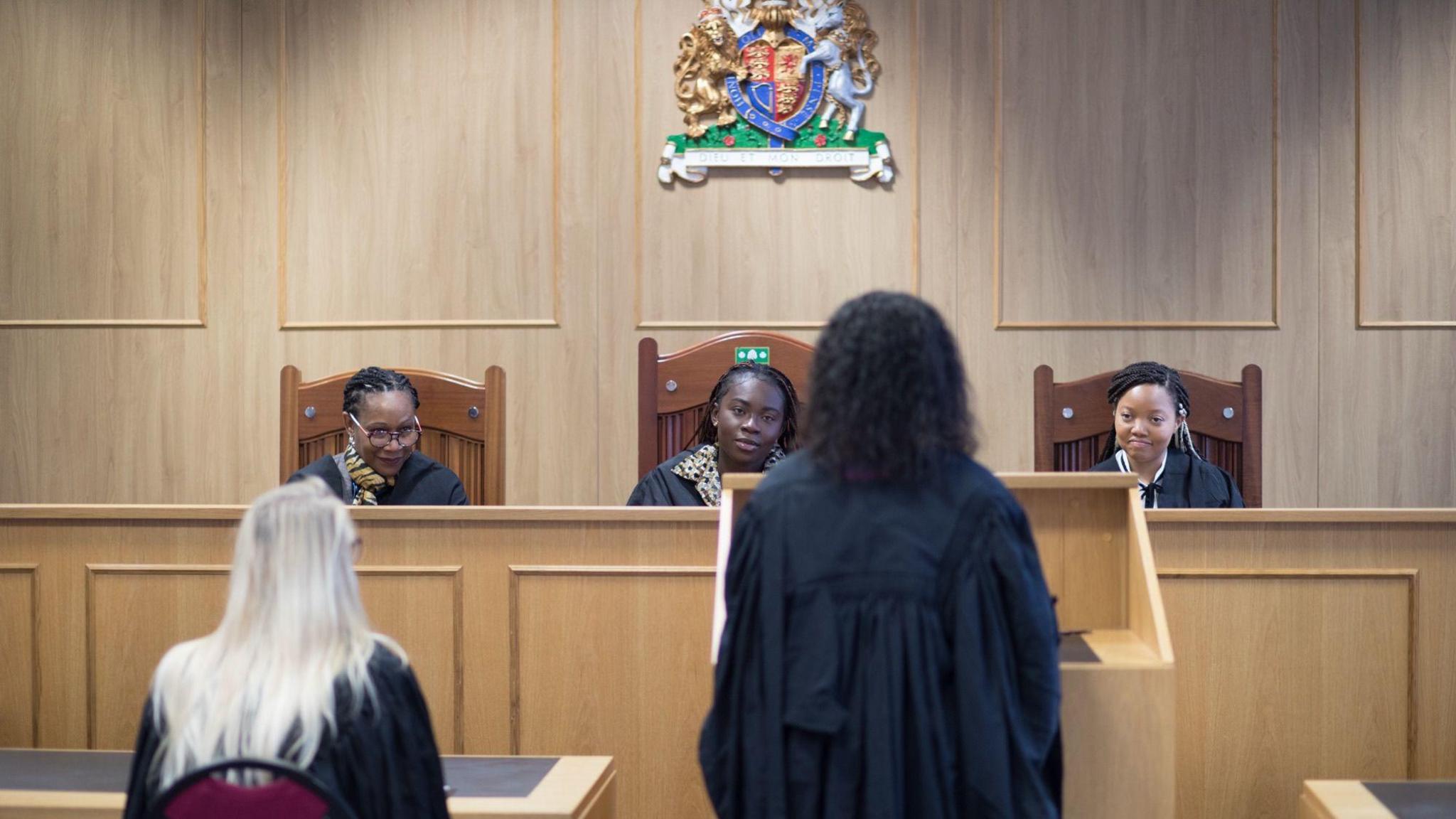
University of Bedfordshire law students use the clinic to get practical experience of family law cases
The Law Society of England and Wales, which represents solicitors, said 80% of family legal aid work was loss making.
Karen Dovaston, the chair of the family law policy committee for the organisation, said: "Would you want to be paid the pay you were paid in 1996 for the same job that you are doing now, for more stress? You wouldn't, it is not realistic."
Ms Dovaston, who is a family solicitor in Southend-on-Sea, Essex, said it was not practical to lower fees for clients on lower incomes due to business overheads and high insurance premiums.
"You can't do it on a shoestring... it costs money to run the business," she said.
Many solicitors do voluntary work to offer free legal advice, she added.
Pro bono services
The charity LawWorks has promoted the clinic and works to connect lawyers working free of charge with people who need advice.
Rebecca Howell, the charity's head of clinics, said pro bono legal services played a vital role but they "cannot meet the scale or complexity of need across England and Wales".
"Addressing this gap requires a thorough review of the legal aid system and greater investment in early legal advice and support services, so that families are not left to face family law issues and court proceedings with little or no legal help," she added.
Since 2021, 46,000 families have used a voucher scheme that offers up to £500 to support mediation and stop cases reaching court, the MoJ said.
MoJ figures showed about 70% of families who used the scheme reached a full or partial agreement without the need to go to court.
An MoJ spokesperson said: "It is crucial that families are able to access support when they need it so they can get the best outcome as quickly possible.
"That's why [the ministry is ] piloting a new scheme which puts greater emphasis on the voice of children during proceedings."
Get in touch
Do you have a story suggestion for Beds, Herts & Bucks?
Follow Beds, Herts and Bucks news on BBC Sounds, Facebook, external, Instagram, external and X, external.
- Published27 January
